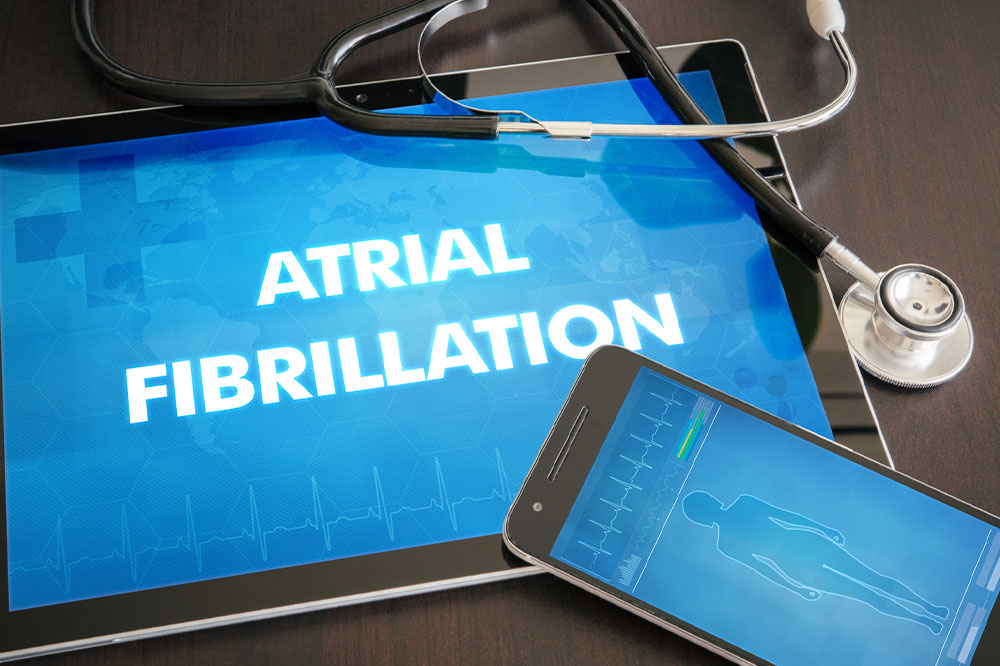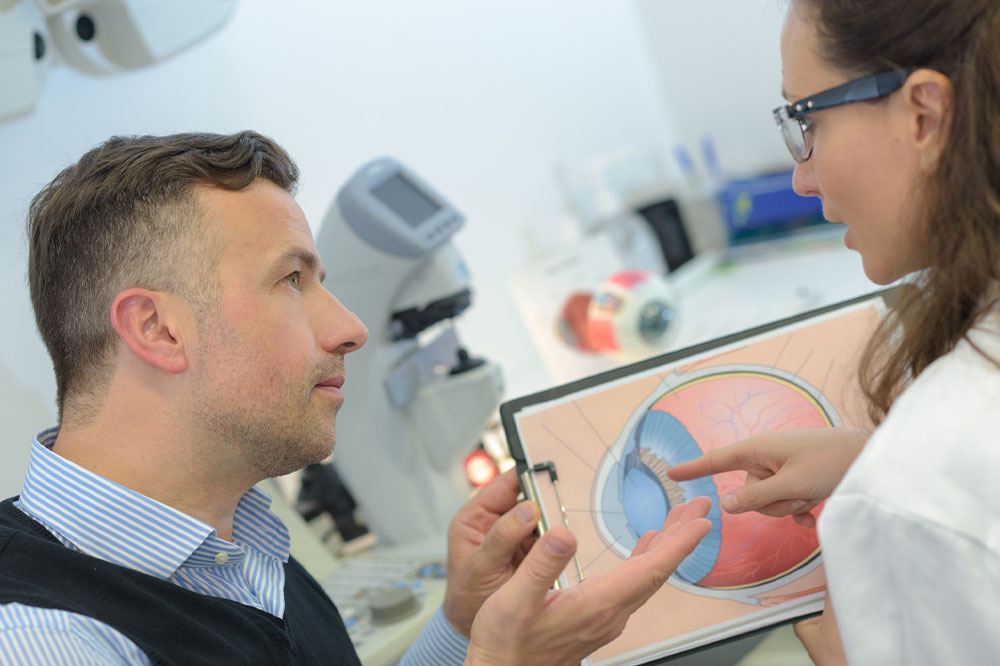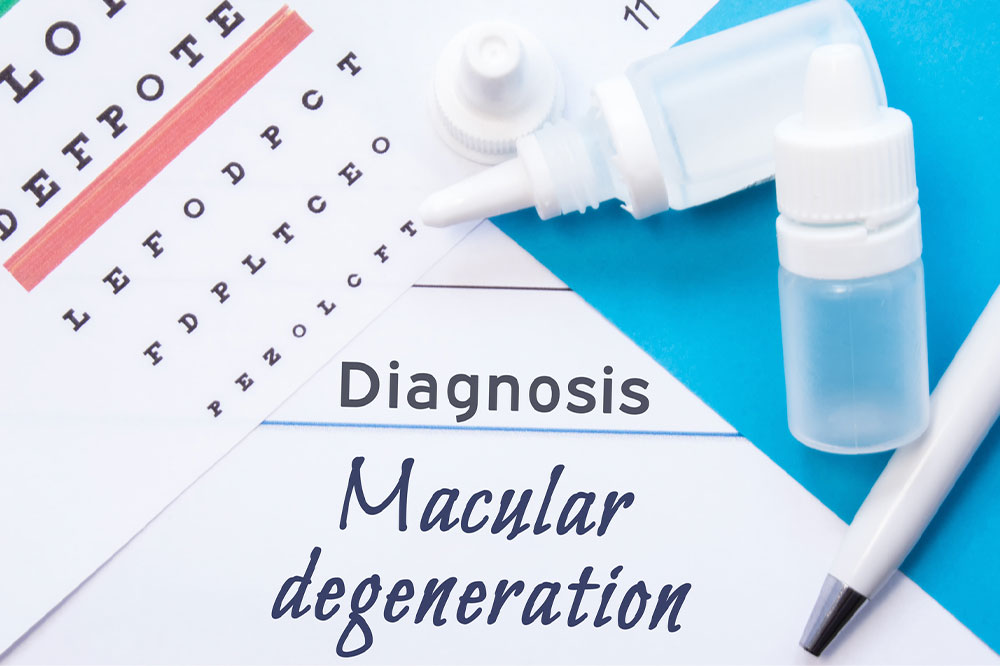
Kidney disease management – Things to keep in mind
The kidneys are bean-shaped organs that perform various critical functions inside the human body. They help filter blood, eradicate waste through urine, maintain fluid balance, balance minerals, and produce hormones. However, certain conditions may affect kidneys’ functioning, leading to more severe health risks. Certain risk factors are associated with kidney disorders, the prominent ones being high blood pressure and diabetes. Some common symptoms, causes, and management of kidney disease are detailed below.
Common symptoms
More than one in seven adults, or nearly 37 million people in the country, suffers from chronic kidney disease (CKD) – a type of kidney disorder. Initially, it is challenging to find out the symptoms. Some early indicators and symptoms of kidney disease are fatigue, sleeping troubles, dry and itchy skin, breathlessness, muscle cramps, vomiting and nausea, changes in urination patterns, loss of appetite, and swelling in the ankles and feet. As kidney disease progresses and leads to kidney failure, the symptoms that develop include rashes, fever, nosebleeds, severe abdominal and back pain, vomiting, and diarrhea.
Causes
Multiple causes are associated with kidney disease, including high blood pressure, diabetes, vasculitis, cardiovascular diseases, genetics, age, and autoimmune diseases.
High blood pressure
High blood pressure is a prominent cause of kidney disease as it damages the blood vessels and reduces blood supply to the kidneys. Experts state that individuals with high blood pressure should be examined regularly for kidney disease.
Diabetes
Diabetes is another cause of kidney disease. Many internal organs may suffer damage due to high blood sugar levels, and the kidney is more susceptible to that.
Strep infection
If a strep infection is not properly managed and treated, it may lead to kidney inflammation and, in turn, failure of its functioning.
Vasculitis
The blood vessels get inflamed with this condition, and the kidneys are more prone to this inflammation or changes in the vascular system.
Heart diseases
Heart or cardiovascular diseases are also responsible for causing kidney disease.
Family history
People are at more risk of developing kidney disease if any of their close or a first-degree relative has it.
Age
Age is another factor contributing to and leading to kidney disease. Kidney disorders can develop anytime, but those over 60 are at an increased risk.
Autoimmune diseases
There are various autoimmune diseases, but lupus, in particular, is responsible for kidney disorders; therefore, it is suggested to keep kidney health a top priority if one suffers from lupus.
Management
To protect kidneys from more damage and worsening, many management methods can help, including blood pressure control, proper nutritional regime, regular physical activities, adequate sleep, and more.
Controlling blood pressure
As mentioned earlier, blood pressure is the primary cause of kidney disease. Therefore, controlling and stabilizing the blood pressure is essential, as high blood pressure may aggravate this disease. Consult your healthcare provider and jot out the plan for controlling and stabilizing the blood pressure. Some ways are – a low sodium intake, being active, developing good sleep habits and hygiene, and taking the treatment prescribed by the physician.
Monitoring blood sugar levels
It is necessary to check the blood sugar level regularly and keep it under control by connecting with the healthcare provider and following their instructions, as diabetes is another cause of kidney disease. Work with the healthcare professional and maintain the blood sugar levels to ensure the smooth functioning of the kidneys.
Proper nutritional regime
What is being eaten helps manage one’s overall health and protects vital organs such as the kidneys. It is necessary to maintain blood sugar levels and blood pressure goals. When kidney disease worsens, there is a need to plan one’s meals with the help of a nutritional expert. The expert will know what is to be eaten and avoided for the kidneys’ health. You may take a referral from the primary physician for a certified nutritional expert.
Regular physical activity
It is required to make physical activity part of the daily routine. It is keeping oneself active for about 30 minutes a day help. Saying no to physical inactivity and staying active makes one stay stress-free and achieve blood glucose and blood pressure goals. In addition, one may consult an expert to understand the type of physical activity that is suitable and required if one is not active for a long time and can manage kidney disease. In addition, one must exercise after following expert advice if one suffers from kidney disease.
Getting proper sleep
Getting good and adequate sleep and maintaining appropriate sleeping habits are required to manage kidney disease. One should sleep sufficiently, avoid phones, laptops, tablets, etc., during sleep time, and avoid eating too much and too little before sleeping to maintain a calm and peaceful ambiance during sleep. Aim for seven to eight hours of sleep every night and avoid taking naps during day time for a longer duration.
Coping with anxiety and stress
Finding healthy ways to cope with stress and anxiety is important. Long-term stress can also lead to high blood pressure and blood sugar levels that trigger kidney disease. Some ways to cope with anxiety and stress are listening to music, grooming and spending time with the pets, meditation, yoga, exercising regularly, sleeping properly, and focusing on peaceful and positive thoughts and ideas to calm and soothe the mind. Also, one may join a support group or seek help and support from friends and family members. Seeking help from a professional is also helpful and valuable.
Monitoring kidney health regularly
Monitor and track kidney health by connecting with the healthcare provider. Patients can make a list of the questions and seek a healthcare expert’s response for the same. Follow the instructions and recommendations from the doctor as prescribed. Get the tests per the diagnosis to determine kidney health and the associated risks.
It is important to check for kidney disease regularly and watch out for the symptoms. Early diagnosis and timely management will help alleviate severe health risks. Following the healthcare provider’s instructions and advice will help manage and treat this disease well. It should be noted that any changes to lifestyle habits or nutritional regimes must be incorporated only after consulting a healthcare professional.




